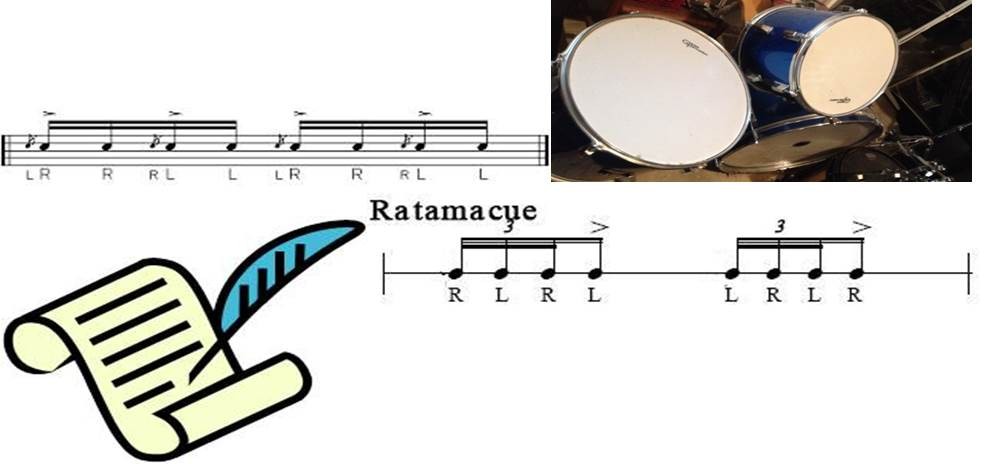I’ve been thinking a lot recently about the use of the phrase “thoughts and prayers,” and its use after events of loss and suffering. We all tend to say it. Your best friend’s Grandmother passes away, and your response is “my thoughts and prayers are with you in your time of loss.”
What does this phrase mean? Thoughts and prayers of what, exactly.
In this case, I think these are thoughts of sympathy (or empathy) and prayers of comfort directed towards those who have lost someone. The thoughts are just to let the person know that you have them on your mind. It seems kind, and harmless, but I believe that this is most meaningful when you know them, or have shared the relationship that they just lost. Prayers of comfort (in our society, from my perspective) stem from the Judeo-Christian belief in an all-powerful God, one who can (for lack of a better word) gather you up and give you a big spiritual hug. I believe this expression is less effective (for the person who experienced the loss) when you don’t really know them, or you sense that the conveyance of sympathy is insincere. The issue of late, where our nation’s leaders express their sympathies (time and again) over a repetitious tragedy – that could have been avoided – is an example of this. Their approach to this expression of sympathy weakens the concept of prayer. Why? Prayers are supposed to be powerful, they are intended to reach us, change us, and help us.
Let’s talk about prayers a bit. There are different kinds of prayers: thanks, confession, hope, comfort, deliverance – to categorize a few. All prayers are goal oriented. They are intentional- to get us to believe, to convict our minds of something, to help out someone, to give ourselves clarity, etc. They are meant to spur us to action. The strength of our humanity is in our ability to act, in compassion, of one mind. I think prayer facilitates this.
But the issue is, you must act. Prayer without action at some point, is empty. The very act of prayer should indicate that you are considering a problem that needs a solution. Our lawmakers offering their prayers to those who have lost loved ones in a senseless mass killing is an empty platitude without some intention to make their suffering worth the cost.
Churches should know the power of collective and intentional prayer. It is the “superpower” of churches (I know it sounds silly, but in today’s language – this is it). Yet, I believe, in these times the focus has been misguided. Too many are concerned with their belief that “we” have pushed God out of society and they pray for supernatural intervention. First of all, the idea that an all-powerful, ever-present God could be pushed out is – ludicrous. Did you ever think that God may have taught us about prayer so that we could discern and then act with conviction to make changes that impact each of our lives, to meet people where they are, to comfort them out of love, or to right wrongs? Perhaps, that it is a lesson to learn to be more like him.
This is complex, but not hard. Lawmakers should take up and pass better legislation that reduces assault weapon availability and improves mental health assistance. It is heartless and cowardly to not do so. Those who pray for supernatural intervention should pray themselves for discernment about the importance of lawmakers who can act in the best interests of all humanity, collectively and individually. They could also pray for strength to act out of love – not morality, not condemnation, not prejudice, not to point out faults, and most of all – to not be afraid to admit they are wrong.
And then do it.

This is nice.
Thanks.
Hmm this is a very interesting article. If you don’t mind me asking, what is your ‘religion’/beliefs of that sort?
Thank you Lissa. I would classify my beliefs as typical Protestantism.
Alright cool. 🙂